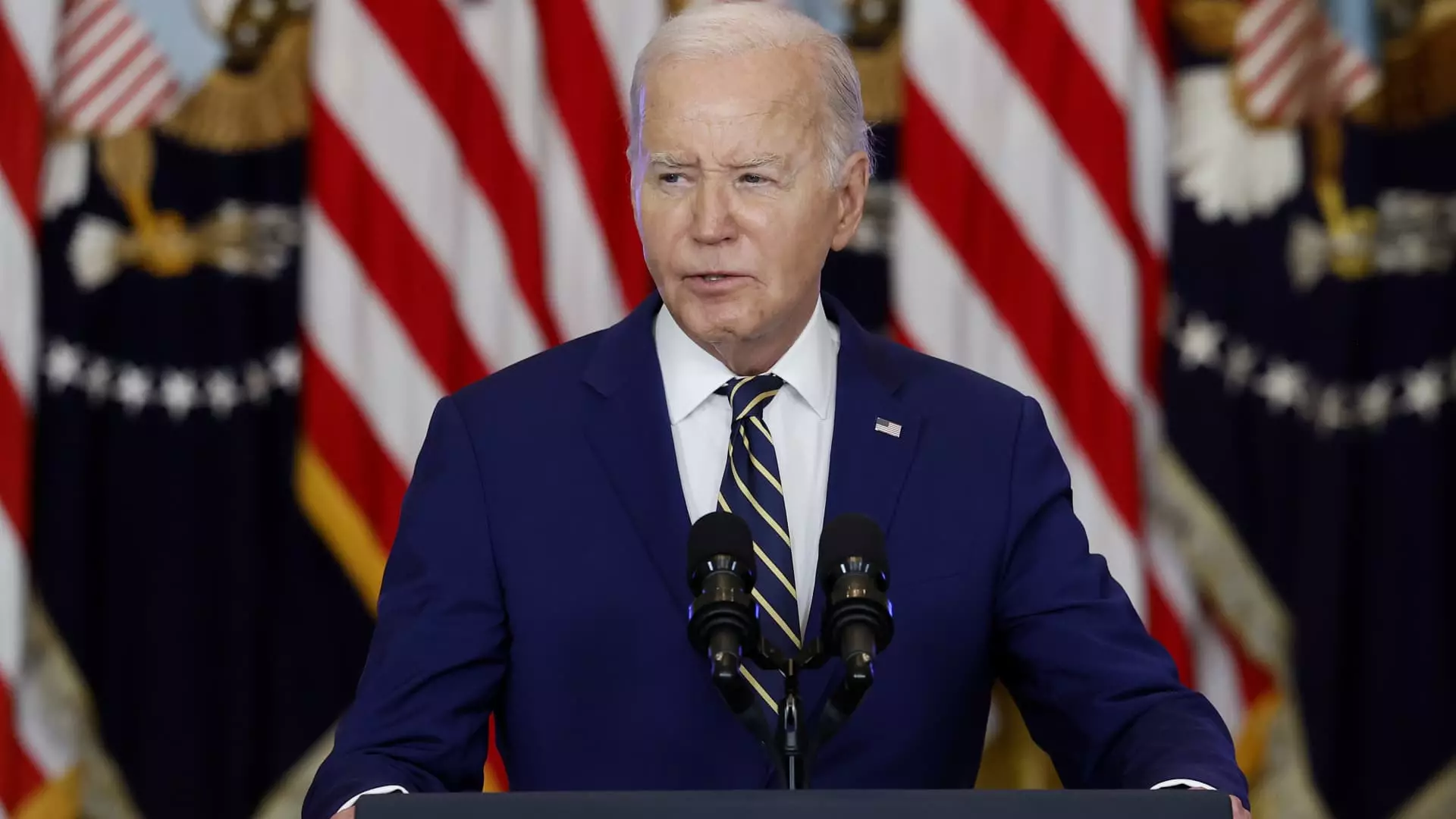Recent developments from the Biden administration signal a firmer approach to asylum policies, particularly at the southern U.S. border. As of [insert date], the administration declared that it would further intensify restrictions on asylum seekers, amid mounting political pressure from voters concerned about immigration. The administration’s approach comes against a backdrop of increased migration at the border, highlighting the complexities of balancing humanitarian obligations with national security concerns.
Asylum policies have historically underscored the United States’ commitment to protecting individuals fleeing persecution. However, the new measures implemented on [insert date] significantly revise the previous regulations established in June, adding layers of complexity to the asylum process. Specifically, the rules now state that asylum cannot be granted if U.S. officials determine that the southern border is overwhelmed. This definition has also tightened, adjusting the required thresholds for migrant encounters.
Under previous regulations, asylum access could be restricted when migrant encounters surpassed 2,500 per day, requiring an average of under 1,500 encounters over a one-week period for restrictions to be reconsidered. In a marked shift, recent guidelines dictate that the average number of daily encounters must dip below 1,500 for nearly an entire month before any restrictions can be lifted. Moreover, the new rules expand the definition of migrants to include all children, whereas previously only those from Mexico were counted.
This rigorous approach raises critical questions about the rationale behind making such further restrictions when existing limits have rarely been lifted. The Department of Homeland Security (DHS) reported that the current seven-day average for migrant encounters has remained around 1,800. Should the administration perceive these numbers as substantial enough to warrant tougher measures, the ongoing challenges in lifting existing restrictions invite scrutiny into the overarching strategy.
A senior administration official asserted that the extended timeline was deemed necessary to ensure sustained decreases in immigration trends rather than temporary fluctuations. This justification suggests that the administration is striving for a long-term solution to a complex issue, yet critics argue that there may be shortcomings in understanding the humanitarian dimensions of migration narratives.
The reaction from immigration advocates has been notably critical. Many assert that the overarching goal of the new asylum restrictions undermines the critical protections established for individuals facing life-threatening situations in their own countries. Critics fear that these enhanced measures further erode the integrity of the U.S. asylum system by prioritizing security over humanitarian support.
In parallel, the Biden administration has claimed that these restrictions have successfully reduced the number of migrants at the southern border by over 50% since their inception in June. This statistic serves to fuel the administration’s narrative that the stricter policies are yielding results. However, this assertion raises questions about the long-term impact of such measures on asylum seekers, particularly those with legitimate claims to protection.
Both political parties are leveraging the current immigration situation as a potential point of campaign advantage. The administration finds itself under scrutiny from Republican leaders, including former President Donald Trump, who argue that the current policy approach falls short in addressing the increasing numbers of individuals seeking asylum. Conversely, Democratic leaders, including Vice President Kamala Harris, have called for refining and reinforcing asylum procedures while simultaneously acknowledging the need to welcome immigrants through legal channels.
Harris’s recent visit to the southern border, where she advocated for the strengthening of asylum rules while emphasizing the importance of a humane immigration system, encapsulates the dual challenge facing the Biden administration. While there is recognition of the need for security measures, there is also a call to maintain the nation’s humanitarian principles.
Notably, there are specific exceptions to the tightened asylum restrictions, such as protections available for severe trafficking victims. Additionally, the administration has introduced the CBP One appointment system, through which individuals can schedule asylum applications prior to arriving at official border crossings. However, the demand for appointments far exceeds the available slots, highlighting systemic limitations that continue to hinder asylum access.
As policies evolve, the United States confronts an urgent need to navigate the intricate balance between upholding its humanitarian obligations and ensuring national security. The ongoing political dialogue surrounding immigration underscores the implications of these changes, both for current migrants and for the overall integrity of the nation’s immigration system. As the situation develops, it remains imperative to scrutinize the ethical ramifications of these policies to safeguard the values that underpin the U.S. commitment to justice and human rights.

Leave a Reply